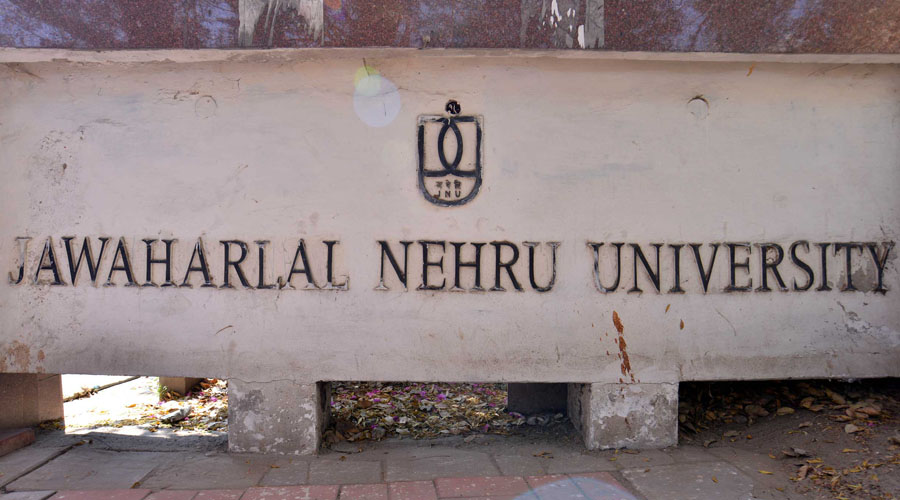Delhi High Court has rapped the JNU administration for violating the national reservation policy in faculty recruitment, prompting the university teachers’ association to castigate the NDA government for failing to act on its complaints on the matter.
Justice Jyoti Singh on November 17 quashed the advertisements for two JNU posts whose reservation status had been altered following the introduction of the Economically Weaker Sections (EWS) quota last year. The teachers’ association obtained a copy of the judgment on Thursday.
It had come out during the hearing that a 2017 JNU roster for forthcoming recruitments had reserved 87 posts for the Scheduled Castes (15 per cent quota) and Scheduled Tribes (7.5 per cent), which was revised to 56 in a 2019 roster.
This suggests that the bulk of the 10 per cent EWS posts were taken out of the SC and ST quotas instead of from the general category.
The petition had been filed jointly by Pradeep Shinde, an assistant professor with JNU’s Centre for Informal Sector and Labour Studies, and another assistant professor from the Centre for Asian Studies whose name couldn’t be ascertained.
Both posts had originally been advertised in 2016 but the process was scrapped in 2018 amid a debate over whether reservation should be implemented institution-wise (as before) or department-wise (which would reduce the reserved seats). Fresh advertisements were issued in 2019 after the issue was resolved in favour of institution-wise calculation, and after the EWS quota had been introduced.
Shinde, an SC, could not apply as the university had changed the reservation status of the advertised post of associate professor in labour studies from SC to ST. The other teacher, an ST, could not apply as the advertised post of professor at his centre had been changed from ST to unreserved.
Under a roster universities followed till 2019, every 4th post was reserved for the Other Backward Classes or OBCs (27 per cent quota) while every 7th and 13th posts were reserved for the SCs and STs, respectively. Subsequently, every 10th seat should have been reserved for the EWS quota, with little clash with the other reserved categories.
However, the petitioners’ counsel Akhil Sibal presented the 2017 and 2019 JNU rosters in court, showing how the SC and ST categories had lost 31 posts.
He argued that under the rules, any backlog — advertised posts that remained unfilled — should continue to retain their reservation status.
Monica Arora, JNU’s counsel, argued that incorporating the EWS quota had caused a shift in the “reservation points” (numerical positions) of a few reserved posts but claimed that SC and ST posts had not been exchanged with other posts or de-reserved.
“The burden to rebut and prove that the reservation rosters were correctly recast was on the university, which in my view it has failed to discharge,” the judgment said.
“Mere statements and denials that there has been no de-reservation or exchange of reservation points would not be enough for the university to rebut the data/tables placed on record by the petitioners.”
While quashing the advertisements for the two posts, the court did not give any ruling on the alterations in the reservation status of these or the 29 other SC and ST posts.
“Take a relook at the issue of roster if so required,” the court told the JNU administration.
Shinde said the petitioners planned to move a higher court to get the alterations in reservation status reversed.
The JNU teachers’ association (JNUTA) had over the past couple of years written half-a-dozen letters to the education ministry alleging violations of the reservation policy, and other recruitment rules, by vice-chancellor M. Jagadesh Kumar. On Thursday, it slammed the government for its inaction.
“The high court order not only vindicates the JNUTA’s position but also implicates not just the JNU VC but the ministry of education as well,” the association said in a statement.Emails to the education ministry and the VC seeking their reactions have brought no response.











